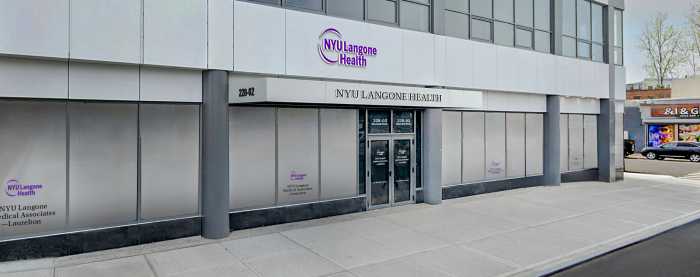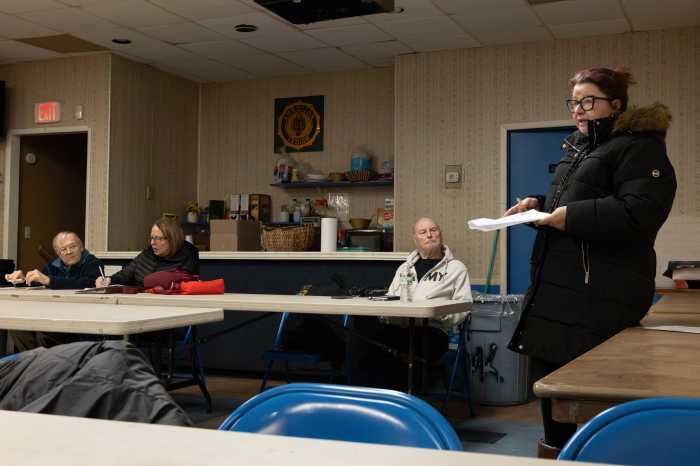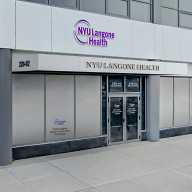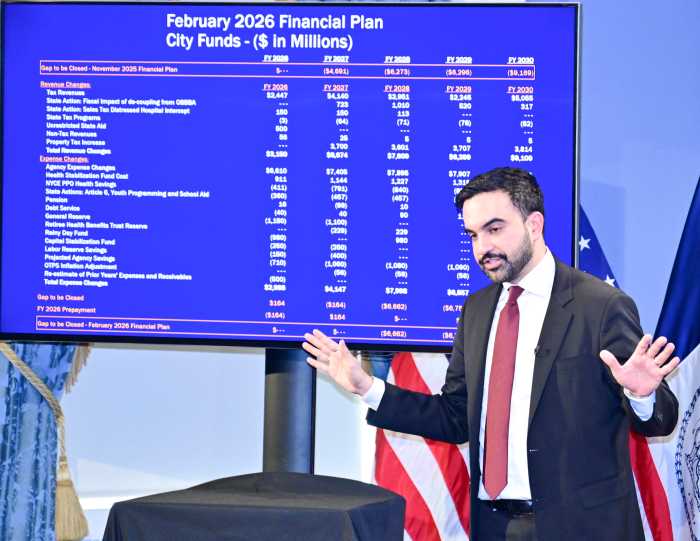As vehicle catalytic converter thefts are on the rise in New York City, with Queens being in the epicenter, a bill introduced by Councilwoman Linda Lee was passed by the City Council on Wednesday, Dec. 7, to deter future thefts.
Lee’s Bill, Int.759 would create a citywide program to distribute vehicle identification number (VIN) kits to etch identifying numbers into catalytic converters. This legislation will require the NYPD to distribute these kits to the general public.
“New Yorkers should not be saddled with thousands of dollars in repair costs while battling rising inflation and a difficult economy. I am proud that the City Council has passed my legislation to protect our vehicles and provide residents with much-needed peace of mind,” said Lee, co-chair of the New York City Council Queens Delegation. “Thieves have targeted parking lots, auto repair shops and even our home driveways to remove catalytic converters from vehicles. By providing etching kits to engrave identifying numbers on catalytic converters, we are investing and expanding on the good but overstretched work of the NYPD, which has been actively engaged in combating this illegal activity.”
A catalytic converter is a device located on the bottom of the vehicle that helps control exhaust emissions. This mechanism begins to heat up as exhaust from the car enters the convertor, turning carbon monoxide and hydrocarbons into less harmful emissions. These converters are valuable due to being constructed out of semi-precious metals including rhodium, palladium and platinum. Catalytic converter thefts in New York City have risen by approximately 269% over the past year, with Queens leading the way with over 2,092 catalytic converter thefts by August 2022, compared to 574 during the same period last year.
This trend has left residents with repair costs of $5,000 to $10,000 on average.
The NYPD has already begun distributing vehicle identification number (VIN) kits for car owners to etch serial numbers into their catalytic converters. The serial number is registered in the CatGuard database so the catalytic converter could be traced back to the vehicle, in the event of theft. Due to high demand, many precincts were forced to wait weeks or even months to receive a new supply of etching kits.
Lee’s colleagues said they look forward to seeing the impact of the legislation reflected throughout their communities.
According to Councilwoman Joann Ariola, the theft of catalytic converters is an ongoing problem throughout the five boroughs, and Lee’s bill is an important step toward bringing the issue under control.
“The etching program that this Intro creates will greatly assist law enforcement when it comes to tracking down stolen property, and will also serve as a powerful deterrent to prevent criminals from stealing marked converters,” Ariola said.
Brooklyn Councilwoman Rita Joseph said the bill will go a long way to combat catalytic converter thefts.
“Hardworking New Yorkers deserve to be protected from property crime, and I am proud to support this legislation,” Joseph said. “I thank Council member Linda Lee and Speaker Adrienne Adams for their bold leadership to pass the legislation, and I am grateful to call them colleagues.”
Staten Island Councilwoman Kamillah Hanks said the city is taking “proactive actions toward keeping New Yorkers’ property safe, preventing the costly impacts of the crime, and making it that much more difficult for bad actors to profit off illegal activity.”
As chair of the Committee on Consumer and Worker Protection, Councilwoman Marjorie Velázquez said she must “act in the best interest of consumers across our city, including identifying ways to alleviate financial burdens due to crime.”
For New Yorkers in transit deserts, such as Councilwoman Amanda Farias’ District 18 in the Bronx, cars help residents get to the store, work, to see family members and are vital to their day-to-day lives, Farias said.
“Catalytic converter thefts are not only a major inconvenience for our residents but can create an unnecessary financial burden on our families and workers,” Farias said. “This legislation is protective, proactive and based on the real needs of working-class communities like mine. That is why I am proud to cosponsor this bill and deliver innovative solutions for my neighbors in Council District 18.”


































